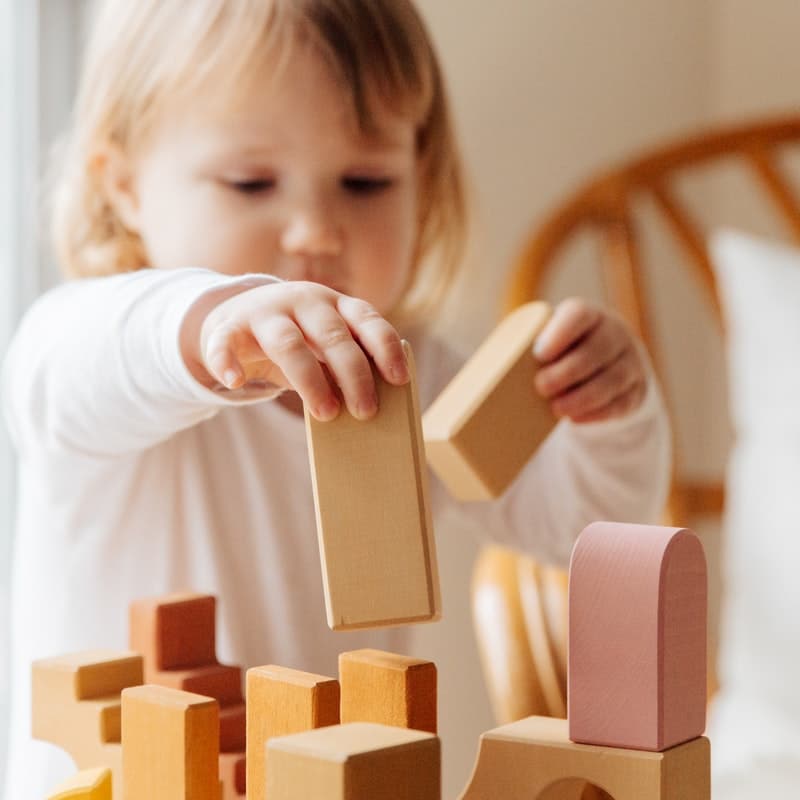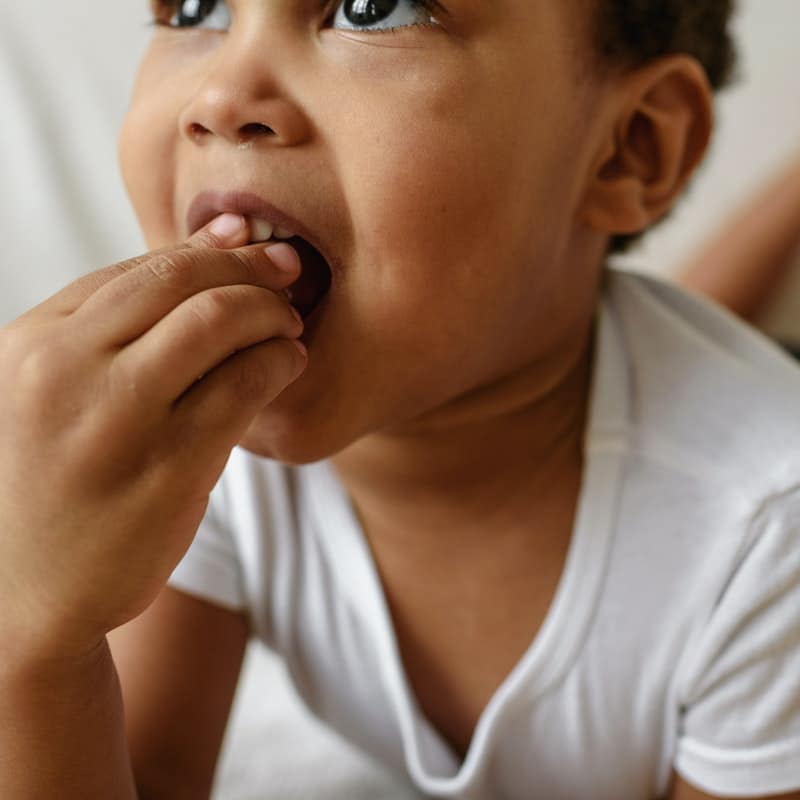private therapy for kids
Occupational therapy
An Occupational Therapists looks at how your child performs an activity or task (eating or writing, for example) and can create a plan to improve the way they do it or make it easier or less painful.
Improve your child’s ability to perform everyday activities
Occupational Therapists help children participate in the functional activities they want and need to do throughout their day. Skills are targeted through a fun, play-based approach that integrates your child’s physical, cognitive, and sensory needs.
Motor
Fine Motor Skills
Babies begin building fine motor skills from birth. Early grasping and reaching skills form the basis for the ability to use toys, pick up small pieces of food, and even point!
Toddlers and preschoolers learn to use their fine motor skills for more complex activities, including tasks requiring the use of both hands simultaneously. These early fine motor experiences provide the foundation for effective drawing, printing, and cutting skills.
Difficulties with fine motor skills can be effectively addressed at any age from infancy through school-age.


Motor
Gross Motor Skills
Your child’s larger muscles provide the stability and strength to complete all kinds of day-to-day activities. These include sitting & crawling in infancy, climbing as a toddler, and riding a bicycle as a preschooler.
As a school-aged child, gross motor skills allow for participation during gym class and in organized sports.
Strong gross motor skills form the basis for development of fine motor skills and may be also addressed as part of a fine motor program.
Gross motor skills can be developed throughout the life span.
Sensory
Sensory Skills
Everyone has a sensory profile that shapes how they interact with the world. Sensory skills include input from the tactile, vestibular, proprioceptive, auditory, gustatory, olfactory, and interoceptive systems.
Some infants and children need assistance in organizing how they respond to this input from all around them. Sensory strategies can be developed to help with common difficulties, such as very high activity levels, sensitivity to noises, strong dislike of touch, and more!

Regulation
Self-Regulation Skills
Babies and toddlers learn the skills to calm themselves and manage in their environment by co-regulating with their parents and caregivers.
Over time, Practice with these skills allows older preschoolers and children to self-regulate. Self-regulation skills allow for the navigation of challenging situations, ability to work through problems with adults and peers, have the skills to calm when they do get upset, and to learn to prevent difficult situations from even occurring!

Feeding
Feeding Skills
Feeding skills begin to develop from birth. Difficulties can occur across many areas and across the lifespan. This includes difficulties with:
» picky eating
» weaning from tube feeding
» independence with self-feeding skills
» sensory difficulties with textures & tastes
» oral motor difficulties with chewing, drinking or swallowing
» complex feeding presentations involving underlying medical issues and any of the above concerns


Online therapy instead?
Staying safe and socially distanced is the thing to do in 2022. If you’d like your child to improve in the areas listed above in the safety of your home, then Teletherapy or Online Therapy is for you. We can conduct your Assessment and Therapy Sessions over a secure video conferencing platform. Payments, practice aids, and videos would all be exchanged online – no hand sanitizer needed! Click below to learn more.


Daily Living
Activities of Daily Living
Activities of Daily Living include skills such as dressing, eating, and toileting.
Babies start to practice these skills by pulling off clothing (i.e. socks) and feeding themselves with their fingers.
Toddlers begin building control (i.e. using utensils). Through practice, they build independence with dressing, toileting and feeding themselves.
School-aged children become proficient with these skills (i.e. using a knife and tying their shoelaces).